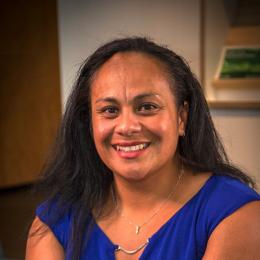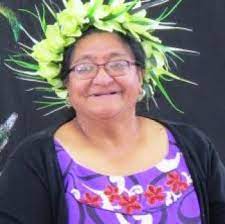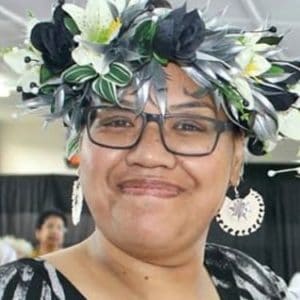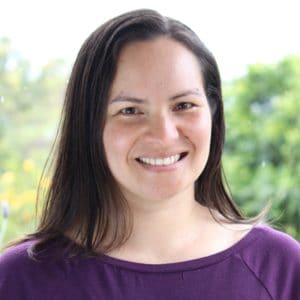TĀ MĀTOU E TŪHURA ANA
What we are investigating
NGA PUTANGA ME TE PĀNGA
Outcomes and Impact
Video
Research presentation: Community-led research for sustainable futures
Healthier Lives Kōrero Tahi 2024: equity and beyond (13-14 February 2024)
A type 2 diabetes prevention programme, co-designed with Pacific families and communities

Healthier Lives Kōrero Tahi 2024: equity and beyond (13-14 February 2024)
Project Team

Associate Professor Ridvan (Riz) Firestone

Akarere Henry

Elizabeth Okiakama

Penina Hitti

Dr Anna Matheson

Associate Professor Nia Aitaoto

Rangikura Ford
Research Partners
The Oire Tokoroa Family Diabetes Lifestyle Programme, led by Massey University researcher Associate Professor Ridvan Tupai-Firestone, and co-designed with Tokoroa-based health…
Kia orana! Elizabeth Okiakama is a community-based researcher who worked on the Pasifika Prediabetes Youth Empowerment Programme…
Research to address Type 2 diabetes in Pacific communities has been awarded nearly $550,000 by the Healthier…
Vibrant fono brings together Pacific health researchers and community On 12 February 2020, Healthier Lives held a…
"*" indicates required fields